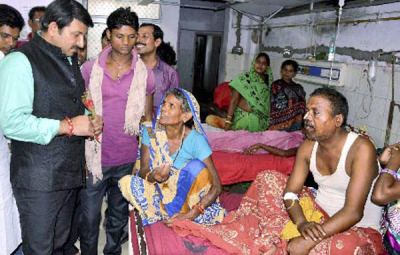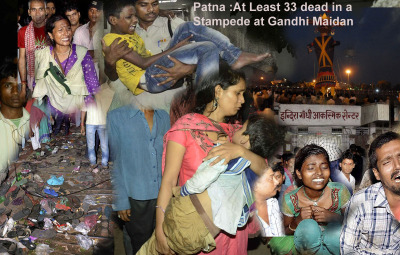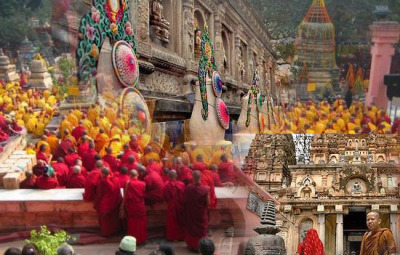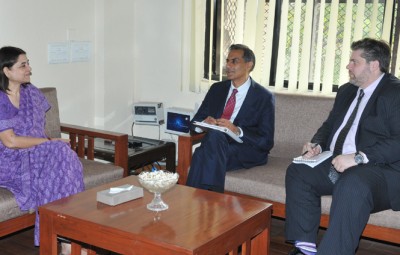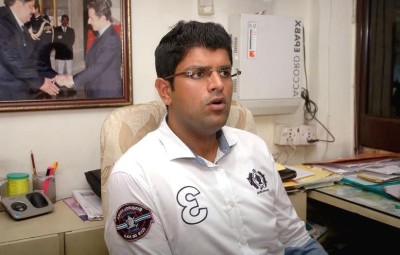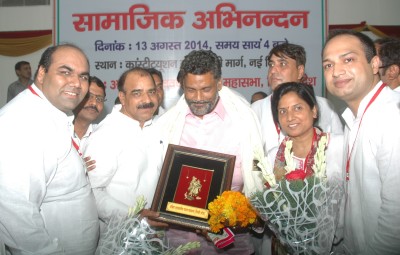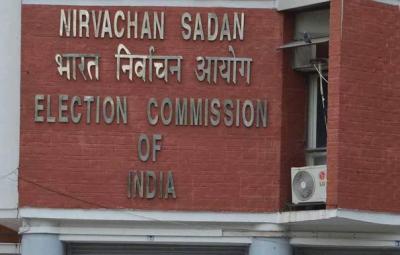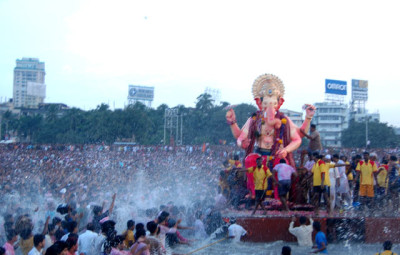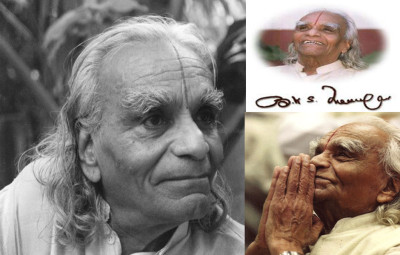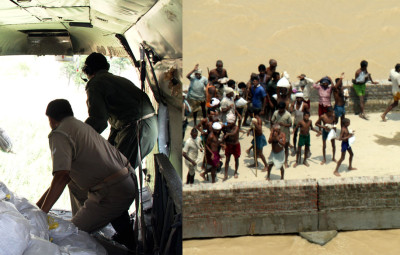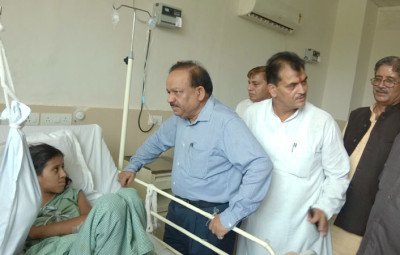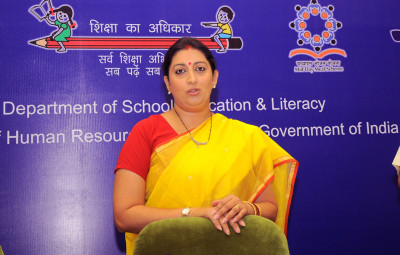New Delhi :-President Pranav Mukhrjee at International Seminar on “Clean and Capable India of Gandhi’s Dream” said “let me compliment the Rajghat Samadhi Committee for organizing this symposium on a topic of great relevance. I also thank the Committee for giving me the opportunity to share my views before this august audience. It is only apt that this seminar is being held on a day, which 85 years back, marked a defining moment in our freedom struggle – the start of the Dandi March by Mahatma Gandhi for Salt Satyagraha. The breaking of the unjust salt law by Gandhiji through the symbolic act of salt-making triggered the larger Civil Disobedience Movement across the country. It not only shook the foundations of the British Empire towards India’s independence, but also helped garner world-wide attention about our nation’s plight.
We have recently embarked upon two important initiatives: (i) Swachh Bharat Mission – to achieve a Clean India by 2nd October 2019, to coincide with the 150th Birth Anniversary of Gandhiji; and (ii) Make-in-India campaign – aimed at enhancing the manufacturing capability of our nation. The noble aims of Swachh and Samarth (or capable) Bharat comprised a significant part of the Gandhian discourse. I hope the discussions by scholars at this forum through the prism of Gandhiji’s vision would lead to greater public awareness of the long-drawn imperative to have a clean and capable India.
Gandhiji visualized cleanliness as having three dimensions – a clean mind, a clean body and clean surroundings. Holding that ‘cleanliness is next to godliness’, he had said and I quote: “We can no more gain God’s blessing with an unclean body than with an unclean mind. A clean body cannot reside in an unclean city” .
Taking a clue from what Gandhiji had asserted, the Swachh Bharat Mission envisages the provision of sanitation facilities, including toilets, waste disposal systems and safe drinking water, to every family. A winning strategy to achieve a state of cleanliness, to my mind, would comprise engaging the citizenry, addressing the reduction of waste and improving the processing of waste.
Gandhiji highlighted the necessity of self-reliant villages to achieve equity and sustainability in economic growth. Firm in the belief that India lived in her villages he suggested a lifestyle structure comprising education, employment and health facilities that will encourage people to reside happily in rural areas. For him, reconstructing villages was the foremost step in rebuilding the nation and in achieving self-sufficiency and social equality. He espoused the spirit of Samarth or capability for India to achieve economic self-reliance at large.
Make-in-India campaign envisages turning Gandhiji’s dream of a self-sufficient and productive India into a reality. It aims at India becoming ‘Samarth’ on all fronts of economic development by facilitating investment, promoting innovation, fostering skill development and establishing best-in-class infrastructure.
I expect the deliberations in this seminar to cast new light on the depth and expanse of Gandhiji’s vision, and the ways in which it can become the guiding path for our effort. Gandhiji’s dream is our dream; his vision must lead us through the challenges of the present towards a clean, green and self-sufficient Bharat.
With these words, I conclude. I once again applaud the Rajghat Samadhi Committee for convening this important seminar. I also wish them the very best for all its future pursuits.
International Seminar on “Clean and Capable India of Gandhi’s Dream”
Mar 13, 2015Delhi News AgencyNationalComments Off on International Seminar on “Clean and Capable India of Gandhi’s Dream”
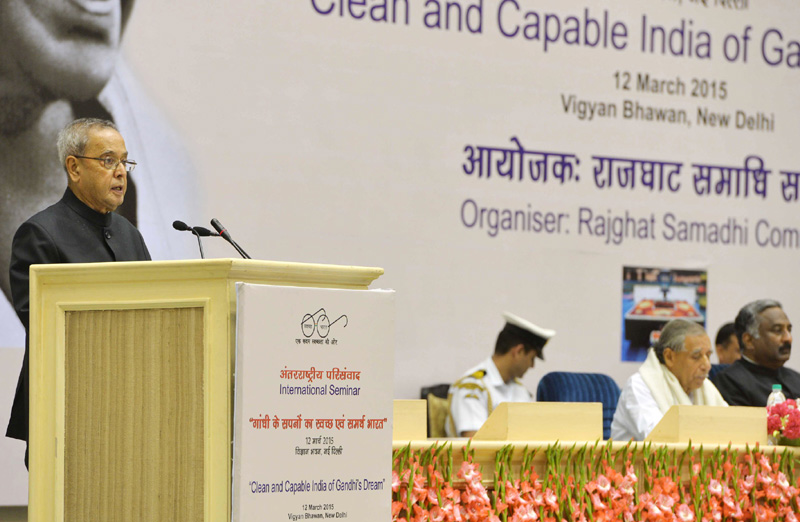
Previous PostPM's Remarks on the Commissioning of Coast Ship Barracuda
Next PostColor Night Vision Camera KC 2000 Launched


